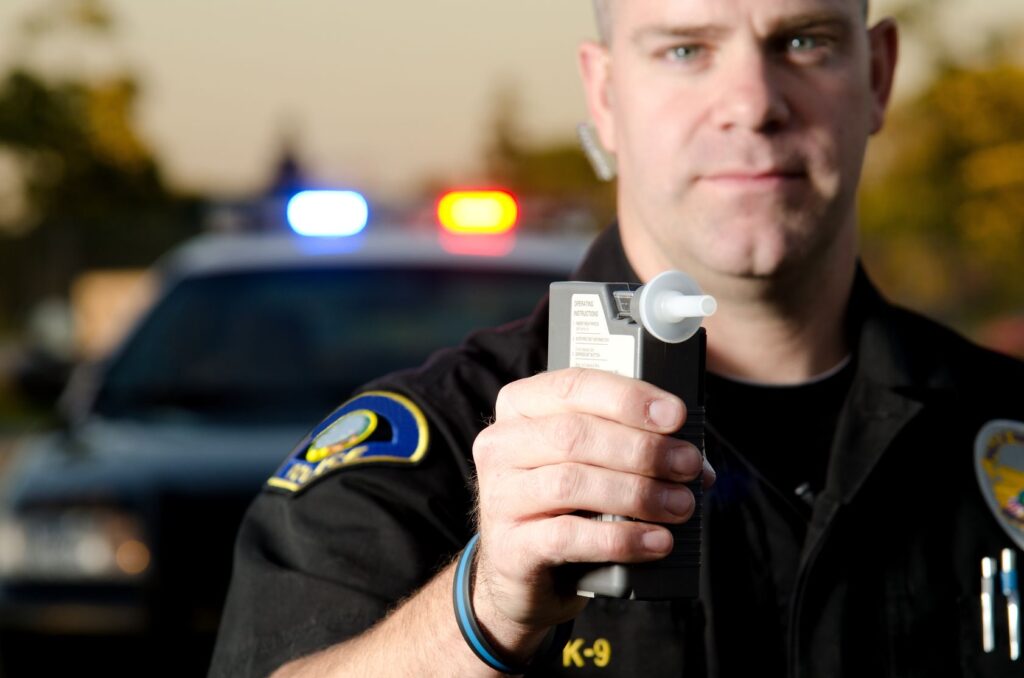Understanding DUI Laws in Texas
Texas DUI laws are designed to deter impaired driving and ensure public safety. A DUI, or Driving Under the Influence, is a serious offense that can lead to severe penalties, including fines, license suspension, and even jail time. It is crucial for individuals to understand the specifics of these laws, including blood alcohol concentration (BAC) limits and the legal implications of refusing a breathalyzer test.
For instance, in Texas, a driver can be charged with a DUI if their BAC is 0.08% or higher. Additionally, Texas has a zero-tolerance policy for drivers under the age of 21, meaning any detectable alcohol can result in a DUI charge. Understanding these laws can help individuals make informed decisions and navigate the legal system more effectively.
Consequences of a DUI Charge
The consequences of a DUI charge in Texas can be severe and long-lasting. First-time offenders may face fines up to $2,000, a jail sentence of up to 180 days, and a driver's license suspension for up to a year. Repeat offenders face even harsher penalties, including longer jail sentences and increased fines, which can significantly impact one’s personal and professional life.
Moreover, a DUI conviction can lead to a permanent criminal record, affecting future employment opportunities and insurance rates. It is essential for individuals charged with DUI to seek legal counsel to understand their rights and explore potential defenses against the charges.
Steps to Take After a DUI Arrest
If you find yourself arrested for a DUI, it is vital to know the immediate steps to take. First, remain calm and cooperative with law enforcement. After the arrest, you should contact a qualified DUI attorney who can guide you through the legal process and help you understand your options, including plea deals or trial defenses.
Additionally, it’s important to schedule a hearing with the Texas Department of Public Safety to contest the suspension of your driver’s license. This hearing must be requested within 15 days of your arrest, so acting quickly is crucial to preserving your driving privileges while your case is pending.
Defenses Against DUI Charges
There are several potential defenses against DUI charges that an experienced attorney can explore. Common defenses include challenging the legality of the traffic stop, questioning the accuracy of the breathalyzer or field sobriety tests, and demonstrating that the individual was not impaired at the time of driving.
For example, if the police did not have probable cause to stop your vehicle, any evidence gathered during that stop could be deemed inadmissible in court. An attorney can analyze the specifics of your case to determine the best defense strategy and work towards reducing or dismissing the charges against you.

